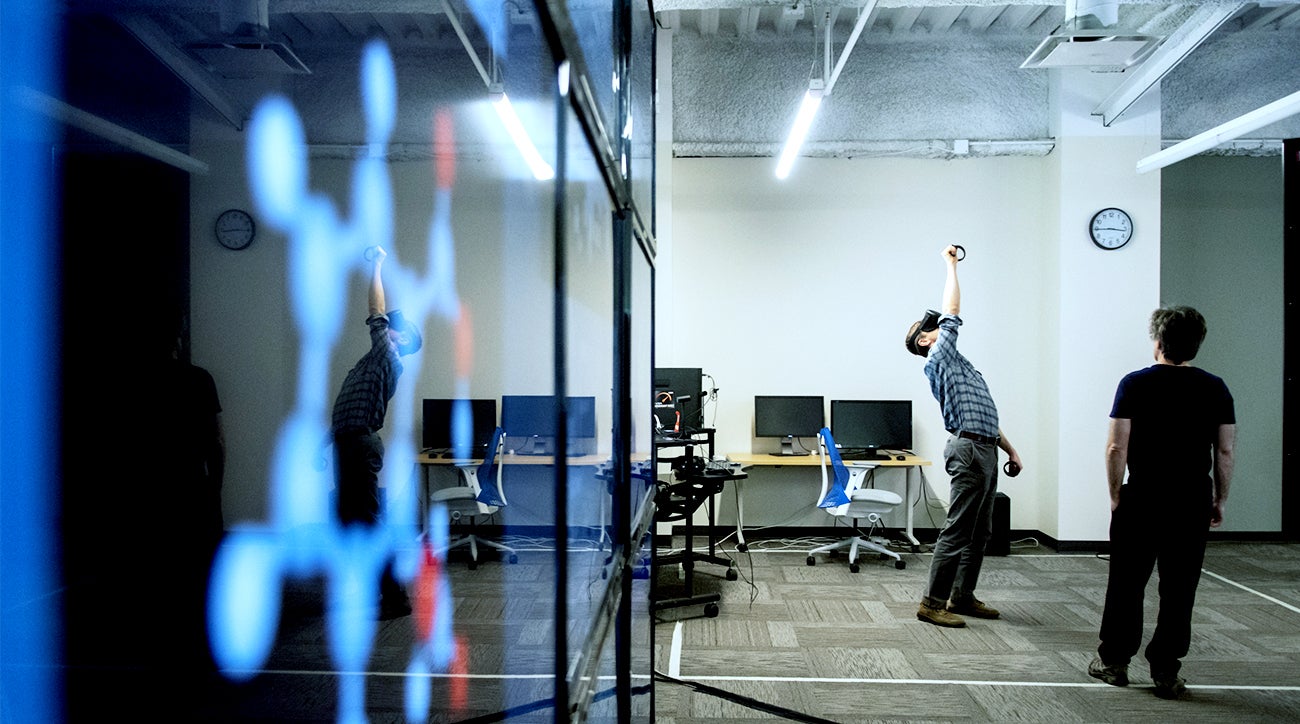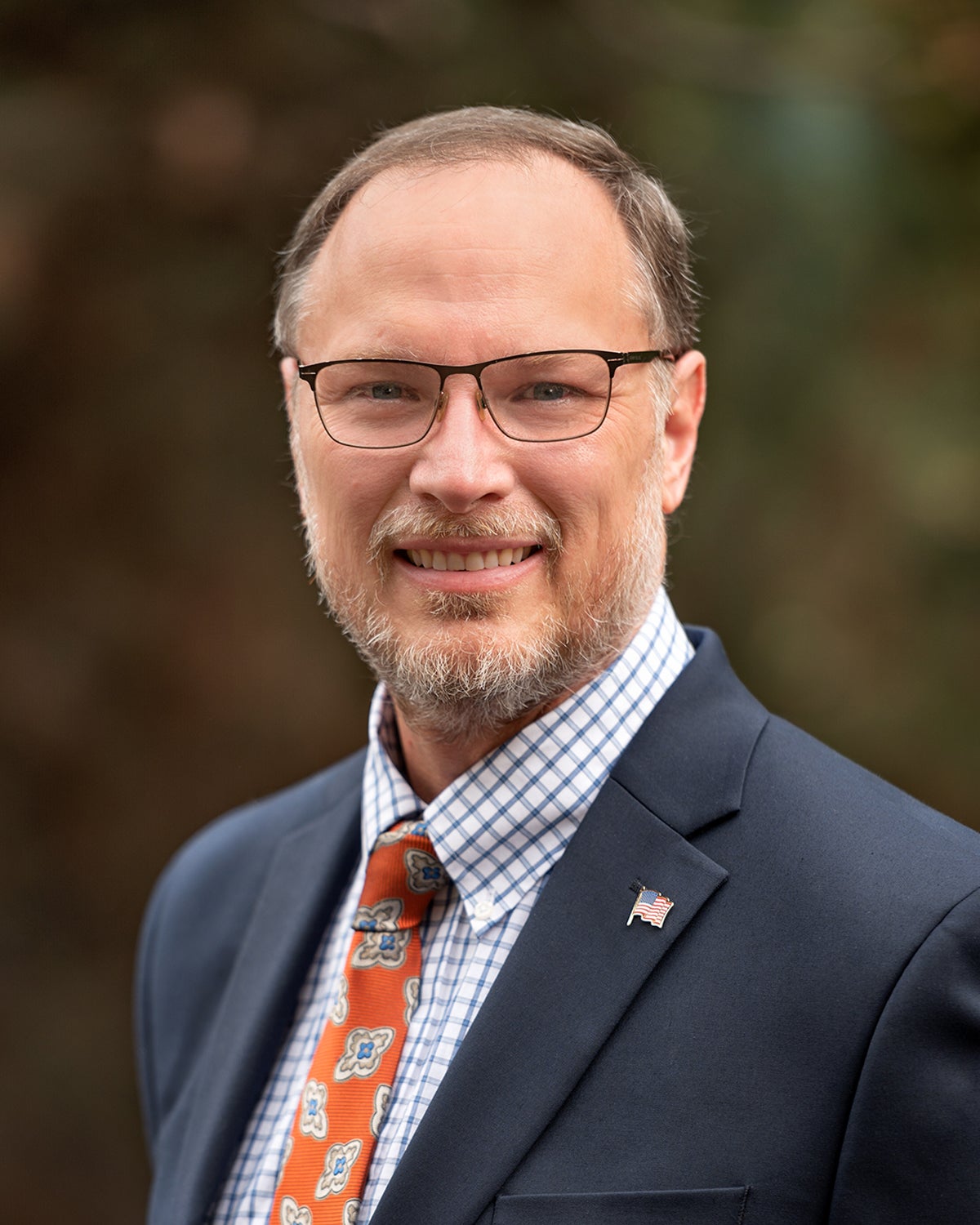
Despite humanity’s ever-deepening relationship with technology and its opportunities, tech users still don’t fully understand the multiplicity and responsibility inherent in that relationship. From the hand-sized computers we carry in our purses and pockets, to the software and hardware that protects critical infrastructure, to the information processing procedures that have a direct bearing upon American citizens’ quality of life, security and democratic rights, the human-cyber relationship grows increasingly complex by the hour.
For Boise State University, these challenges present an opportunity for the university to do what it does best: innovate.
Institute for Pervasive Cybersecurity

Launched in fall 2020, the Institute for Pervasive Cybersecurity at Boise State has three key goals. First, to establish strong strategic partnerships among industry, higher education and government to improve cybersecurity for the state and the nation. Second, to commercialize groundbreaking research and tools, and take them to the broader market. Finally, to create strong pathways for “cyber-activated” Boise State graduates entering the workforce to respond to the cybersecurity needs of the 21st century.
Institute director Edward Vasko, a Certified Information Systems Security Professional (CISSP) and cybersecurity entrepreneur with 30 years of industry experience, joined the university with the intent to revolutionize cybersecurity education. He intends to combine curriculum and competency-based platforms while changing the scope of cybersecurity not only for Boise State, but ultimately for the nation.
“The cyber-equivalent of an ‘all hands on deck’ moment is happening now,” said Vasko. “Boise State has the people, processes and platforms to help students achieve a higher-quality cybersecurity education.”
Edward Vasko
Prior to joining the university, Vasko established and held senior vice president roles with cybersecurity provider Avertium, and also founded and served as CEO of Terra Verde, a Top-500 Managed Security Services Provider with over 2,000 clients around the world. Breaking away from the pervasive belief that cybersecurity is, at root, a product and problem for computer science professionals, Vasko defends the reality of cybersecurity: that it never has been, nor will be, purely technical.
Technology is as complicated as the human beings who employ it, whether that be for altruistic or nefarious purposes. For example, to understand and ultimately stop such atrocities as child pornography or human trafficking, Vasko says that we must understand not only the technicalities of the system, but the humans who shaped it.
“If we can understand how those marketplaces are stood up and where they are, ” he said, “then from a sociological standpoint we can start to put in place structures that allow us to better detect them, better eliminate them, or better get to the core of why they pop up in the first place.”
The institute’s vision is to embed cybersecurity education into curricula regardless of career, college or major. For example, the university’s Cyber-Physical Systems Security-for-All certificate provides a cyber security background with the objective to raise cybersecurity awareness across the campus, and empower students from all disciplines with the fundamentals of cybersecurity